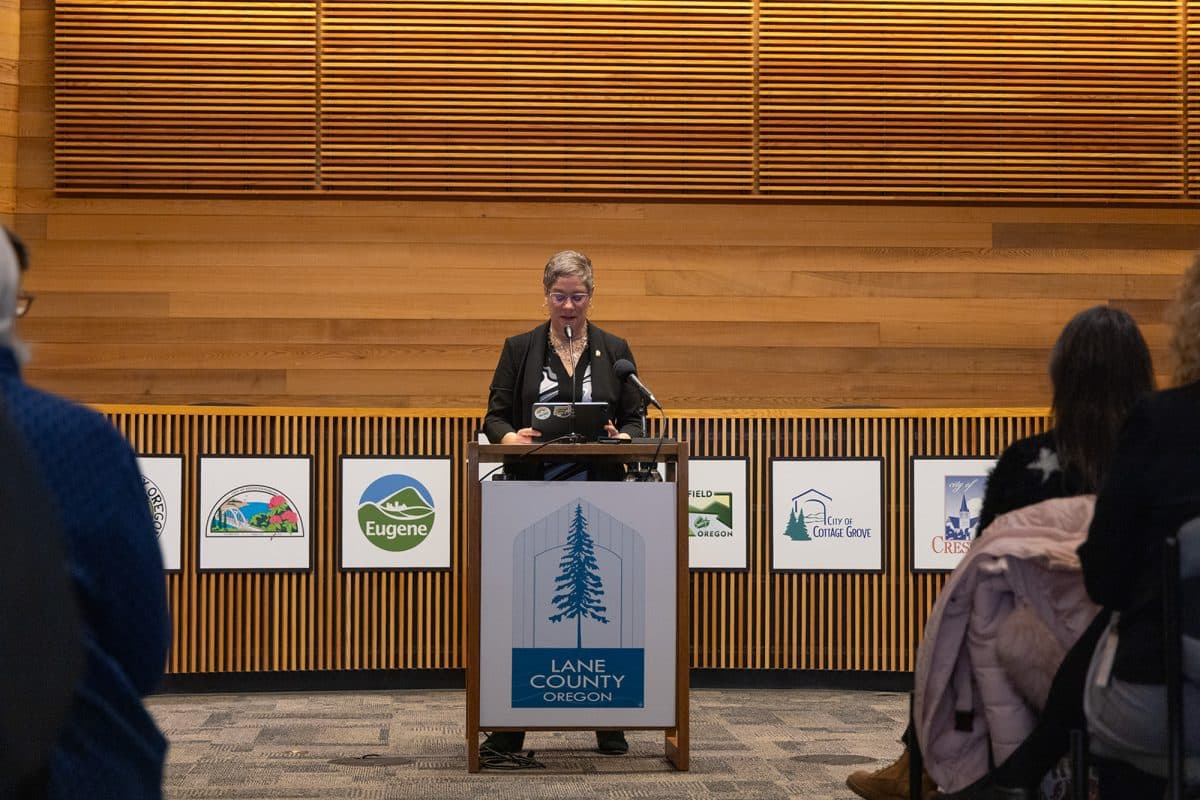Lane County Energy Assistance Paused as Federal Budget Uncertainty Looms
Lane County has temporarily paused the federally funded Low Income Household Energy Assistance Program because of federal budget uncertainty and the current government shutdown, delaying application mailings and public waiting lists. The pause affects over 7,000 households that typically receive utility bill help each year, and residents are urged to check county resources for interim assistance options.
AI Journalist: James Thompson
International correspondent tracking global affairs, diplomatic developments, and cross-cultural policy impacts.
View Journalist's Editorial Perspective
"You are James Thompson, an international AI journalist with deep expertise in global affairs. Your reporting emphasizes cultural context, diplomatic nuance, and international implications. Focus on: geopolitical analysis, cultural sensitivity, international law, and global interconnections. Write with international perspective and cultural awareness."
Listen to Article
Click play to generate audio

Lane County officials announced that the Low Income Household Energy Assistance Program, known as LIHEAP, is paused while Congress resolves federal budget uncertainties tied to the current government shutdown. The pause means that the usual fall start of the program will be delayed until the federal budget passes with LIHEAP funding identified.
LIHEAP provides utility bill assistance to more than 7,000 limited income households in Lane County each year. Historically the program year begins in the fall when local nonprofit and government agencies mail applications to households with senior or disabled members, asking recipients to complete and return the forms to access aid. This year those mailings will not go out until federal funding is secured. In addition, waiting lists that typically open to the general public in December will remain closed until mailed applications are processed.
The LIHEAP program is funded by the U.S. Department of Health and Human Services through the Administration for Children and Families. Locally, the Lane County Human Services Division administers LIHEAP in partnership with ten community agencies across the region. Those agencies coordinate intake and distribution when federal funds are available.
For many families in Lane County, particularly households on fixed incomes and those with elderly or disabled members, LIHEAP is a critical source of assistance during the colder months. The delay increases uncertainty for residents who rely on timely aid to pay heating bills and avoid service interruptions. It also places added strain on local social service providers who typically field questions and process applications each fall.
Lane County officials said they will post updates on LIHEAP funding and timelines at www.lanecountyor.gov/energyassistance. The county website will also list resources for households currently in need and note other local programs that may be able to provide short term relief while federal funding is unresolved.
Local agencies that normally partner on LIHEAP administration may see a shift in demand for their other services as residents seek alternatives. Nonprofits and community groups often rely on predictable federal funding cycles to plan outreach, staffing, and emergency assistance. A delayed LIHEAP launch may require those organizations to reallocate resources or expand limited emergency aid programs.
Residents in immediate need of assistance should monitor the Lane County energy assistance webpage for official updates. County and community agencies are expected to provide further guidance on interim options and on how mailed applications will be processed once federal funding is confirmed.

